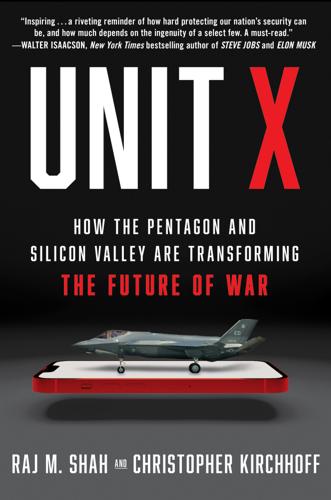
Unit X: How the Pentagon and Silicon Valley Are Transforming the Future of War
by
Raj M. Shah
and
Christopher Kirchhoff
Published 8 Jul 2024
“It goes back to the way Mike set us up,” Chris said, in reference to comptroller Michael McCord. “He was trying to do the right thing, and now we’re paying for it.” It had all started in Mike’s office before our announcement as DIUx’s leaders. Raj was in town for a few days of frantic planning. Carter had agreed we needed “walking around money” to remedy the perception in the Valley—which was accurate—that DIUx 1.0 had had no ability to close a deal. The idea was to use funds under our own control to prime the pump, bridging to larger pools of funds that would flow from other parts of the military. DIUx 1.0 had also been run by a skeleton crew—eight people to be exact, including the director, plus two dozen military and civilians sent on detail from other departments and branches.
…
To settle the matter of DIUx’s budget before the coming announcement, Chris asked Mike if he and Raj could see him. On a Tuesday morning we found ourselves sitting on Mike’s couch in his imposing E-ring office. He had a view to the north, toward the Pentagon’s helipad, with Arlington Cemetery in the distance. “Well, Mike,” Chris started, “the Secretary wants us to have some walking around money, so we can show good faith right away in the Valley. We also need to hire a larger team. I know we’re off-cycle with the budget. What’s the best approach given we’re three weeks away from being announced?” Mike knew how much of a priority DIUx was for the Secretary. As comptroller of an $800 billion enterprise, he also knew how to find money.
…
But then we arrived and told everyone things had changed, that we were guys who could get things done at Silicon Valley speed. The Capella stop work order threatened to destroy our credibility. Months later, in July 2018, when the funds still hadn’t arrived, Raj and Butow supported Capella by dipping into the “walking around” money Carter had directed DIUx have at its opening. These were the funds that got DIUx so crosswise with Evelyn and Ed, the two congressional staffers who tried to “zeroize” DIUx’s budget. The funds had already been allocated to other projects, but we needed to save face and, more important, get a promising technology off the ground.
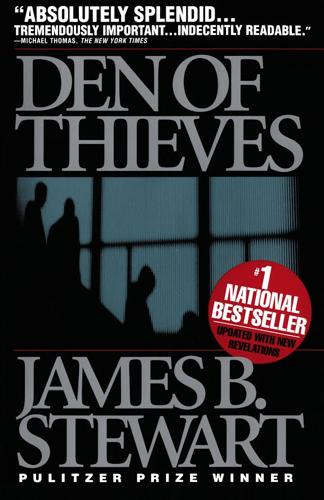
Den of Thieves
by
James B. Stewart
Published 14 Oct 1991
He had also taken the opportunity to withdraw $30,000 in $100 bills, which he had stuflfed into a plastic shopping bag for transport back to the U.S. He carried it around with him, spending the cash on restaurants, clothes, taxis, gifts. The cash seemed to give him confidence. It was, he told Wilkis, his "walking-around money." Gleacher liked to haze his new recruit. Soon after Levine arrived at Lehman, Gleacher called him into his office and announced that a Lehman client was about to make one of the largest tender oflFers in history. Levine had never heard of the target. Gleacher wanted Levine to find an example of a similar tender offer.
…
At the time, in mid-1984, no place in New York was "hotter" than the River Cafe, an elegant, exorbitantly expensive restaurant located on a barge tethered to the Brooklyn waterfront. Restaurants had suddenly become the new theater for rich New Yorkers, most on expense accounts. They were the places to see and be seen, to display the latest fashions, to impress each other with the ability to get the right table. Levine loved the trendy spots, loved using his "walking-around money" to secure the best tables. That afternoon he got a table with a stunning view of the Manhattan skyline across the East River and waited for his friend. "I'm testing your loyalty," Levine began when Wilkis arrived. "Are you paying?" Wilkis nodded, feeling he had no alternative. "Good." Wilkis could easily afford it.
…
A half million dollars, in his eyes, wasn't nearly enough to support his newfound standard of living. From the outset, Levine had preached to other members of the ring that their spending, consumption, and lifestyles should be modest, so as not to raise questions about their incomes. But he had begun violating his own strictures almost immediately, first with his withdrawals of "walking-around money," and later with purchases of ever more extravagant status symbols. His top-of-the-line BMW had already raised colleagues' eyebrows, and that was only the beginning. Levine and his wife became regulars at many of Manhattan's most expensive restaurants. Levine usually paid in cash. He also bought her a diamond necklace.
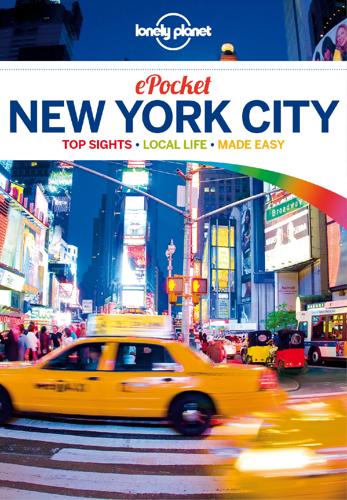
Pocket New York City Travel Guide
by
Lonely Planet
Published 27 Sep 2012
Subway stations are generally safe, too, though some in low-income neighborhoods, especially in the outer boroughs, can be dicey. There’s no reason to be paranoid, but it’s better to be safe than sorry, so use common sense. Don’t walk around alone at night in unfamiliar, sparsely populated areas, especially if you’re a woman. Carry your daily walking-around money somewhere inside your clothing or in a front pocket rather than in a handbag or a back pocket, and be aware of pickpockets particularly in mobbed areas, like Times Sq or Penn Station at rush hour. Telephone Cell Phones Most US cell phones besides the iPhone operate on CDMA, not the European standard GSM, so make sure you check compatibility with your phone service provider.
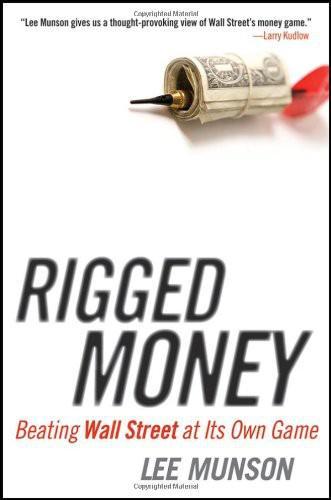
Rigged Money: Beating Wall Street at Its Own Game
by
Lee Munson
Published 6 Dec 2011
To put a capstone on this though, let’s take a look at the polite response from billionaire Warren Buffett who once said, “You could take all the gold that’s ever been mined, and it would fill a cube 67 feet in each direction. For what that’s worth at current gold prices, you could buy all—not some—all of the farmland in the United States. Plus, you could buy 10 ExxonMobils, plus have $1 trillion of walking-around money. Or you could have a big cube of metal.”1 I would like to add that the 67 cubic feet of gold could easily be one cubic foot, 100, or 1,000. The amount is not important here; it is the lack of production of food, useful commodities that produce energy, and money to spend on stuff. Remember that we still need dollars to buy a gallon of milk and fill our tanks at the convenience store.
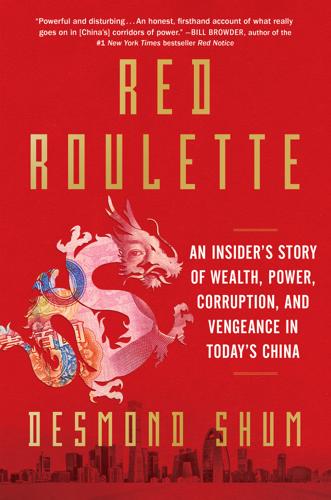
Red Roulette: An Insider's Story of Wealth, Power, Corruption, and Vengeance in Today's China
by
Desmond Shum
Published 6 Sep 2021
Our relationship with Tsinghua University was sometimes testy. In funding the underprivileged students, I structured the scholarships to cover more than books and tuition. I remembered how hard it was for me not to have any spare change in my pocket when I first went to school in Hong Kong. I wanted to give the kids walking-around money so that they’d have a social life and wouldn’t feel like second-class students. The two biggest issues for students from poor families were that despite their academic achievements, they often possessed low self-esteem and were socially awkward. If not dealt with, those issues would hinder their progress.
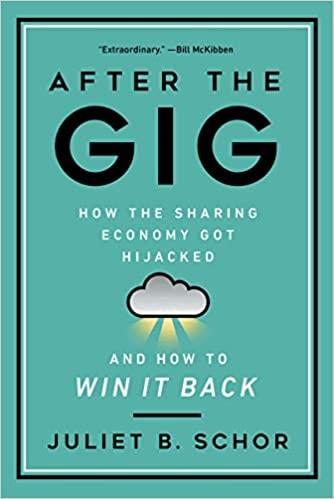
After the Gig: How the Sharing Economy Got Hijacked and How to Win It Back
by
Juliet Schor
,
William Attwood-Charles
and
Mehmet Cansoy
Published 15 Mar 2020
He rightly figured that prospects in Massachusetts were better and secured a good position in his field there. When his brother, who was at MIT, told him about TaskRabbit, he and his wife got active on the site, and it became a big part of their lives. To Juan it was fantastic. TaskRabbit earnings were “walking around money,” which allowed them to take weekend trips, buy furniture, and when his wife got pregnant, build their “baby fund.” Plus, he explained, they learned the city, met new people, and did interesting and fun things. Juan started with less skilled work, doing deliveries, IKEA assembly, and errands.
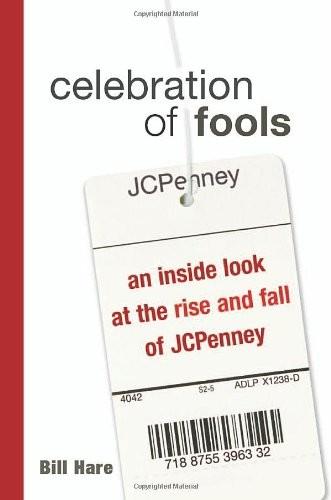
Celebration of Fools: An Inside Look at the Rise and Fall of JCPenney
by
Bill Hare
Published 30 May 2004
And good luck, Anthony," she finished, adding a warm handshake, a smile, and a sigh. "They won't be the easiest audience." To present himself and his designs to the merchandising brass, Hankins needed to produce a fashion show with virtually no budget. The solution was found in equal parts of chutzpah, earnestness, and scintillating designs. Tony Haake provided some walking-around money, and Hankins and Ackerman put together a team of Penney volunteers. In Los Angeles, manufacturers familiar with Hankins were easily sold on providing 50 samples at no cost. The Fashion Show A telling moment came when Hankins began to accessorize his samples. First stop was the shoe buyer; Hankins was looking for just the right kind of shoes to complement his clothes (he had the sizzling sketches with him).
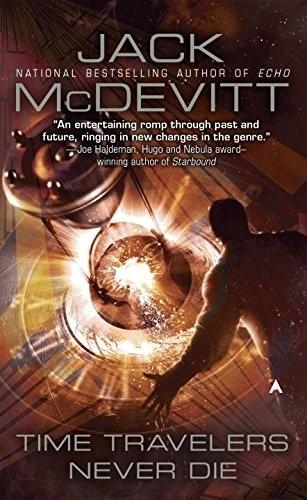
Time Travelers Never Die
by
Jack McDevitt
Published 10 Sep 2009
How’d you know?” Think fast, Dave. “It was where he kept his spare cash.” “Who else would have known that?” “I don’t know.” It was of course where Shel kept the other converters. Someone else was in on the secret! “How much cash did he keep on hand?” Dave shrugged. “Just small bills. Walking-around money. It wouldn’t have been worth a break-in. Certainly not killing someone.” “You’d be surprised how little a life can be worth, Doctor. Would there have been anything else in that drawer?” “I don’t know.” “Well, whatever the killer was looking for, he found it.” “Why do you say that?” “The other drawers were untouched.”
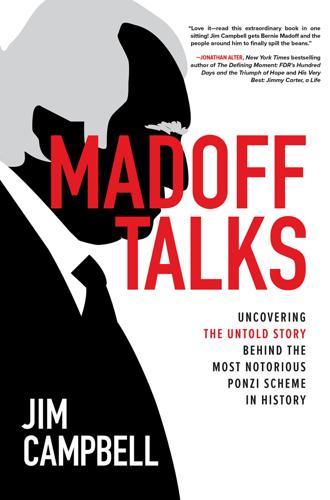
Madoff Talks: Uncovering the Untold Story Behind the Most Notorious Ponzi Scheme in History
by
Jim Campbell
Published 26 Apr 2021
The transfer of funds from London in 2007 was me reimbursing the legit side for the expenses that were paid for the advisory side. 100 percent of the seventeenth floor’s expenses were paid out of the BoNY expense account from day one.”54 That response seems especially brazen in retrospect, since it was before I learned that Madoff had funneled $800 million from the IA business into the market-making business, which was more than a little commingling. Madoff claimed that he was taking compensation only from his “draw account.” But where did the money in the draw account come from? When Annette Bongiorno would take thousands of dollars out of the 703 for her daily “walking around money,” which amounted to hundreds of thousands over her tenure; Bernie claimed she was taking it from his special draw account. The reality is Annette was withdrawing the funds directly from the 703 account. Over the years, Bernie, his family, certain seventeenth-floor staffers, Bonventre on the eighteenth floor, and ghost employees seemed to lose sense of any boundaries between what should have been segregated customer money and BLMIS assets.
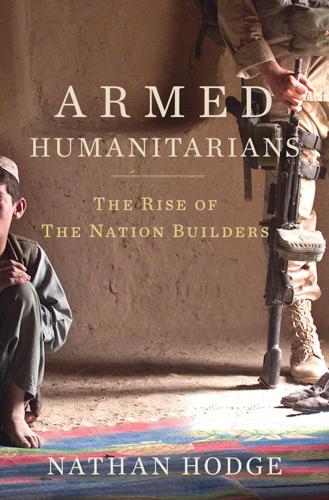
Armed Humanitarians
by
Nathan Hodge
Published 1 Sep 2011
In the eleven months since the arrival of the Third Brigade Combat Team, Fourth Infantry Division, in Baghdad in early 2008, the unit had spent around $72 million on public works projects in and around Sadr City. It hired local contractors to pick up trash, clear backed-up sewer lines, and repair downed power lines. On patrols, infantry officers were given “walking-around money.” They were authorized to hand out $2,500 microgrants to jump-start local businesses that had lost inventory during the fighting. Seventy-two million was an astonishing amount of development money to focus on one section of one neighborhood. The United States had spent roughly the same amount on aid to all of Botswana in one year, 2008.
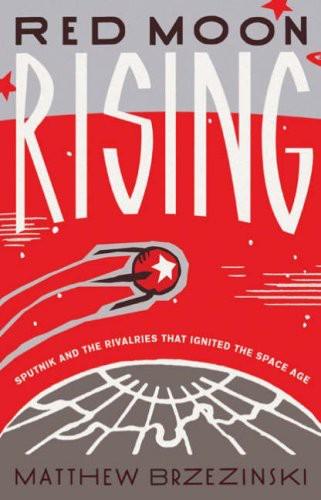
Red Moon Rising
by
Matthew Brzezinski
Published 2 Jan 2007
Once, when a launch had misfired and the live warhead had been dislodged from its missile, dangling precariously over the pad, everyone had frozen in panic. But Voskresenskiy had calmly told Korolev, “Give me a crane, some cash, five men of my choosing, and three hours.” With wads of vodka-walking-around money bulging out of their pockets, Voskresenskiy’s men safely dismantled the one-ton warhead, after which they got royally drunk. Like a great many test pilots and other people who push safety envelopes for a living, Voskresenskiy was deeply superstitious. So when the next R-7 failed to start, not once, not twice, but on three consecutive days before sputtering out with a smoky cough on the launchpad on June 11, Voskresenskiy decided it was cursed.
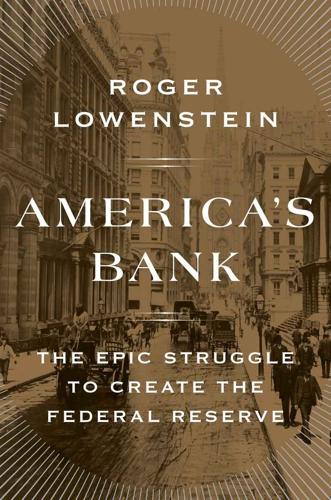
America's Bank: The Epic Struggle to Create the Federal Reserve
by
Roger Lowenstein
Published 19 Oct 2015
No central reservoir existed to smooth out the seasonal lumpiness. In short, the system suffered a serious deficit: it consistently failed to generate enough money. One obvious solution was to supply more money, but that begged the question “Who should supply it, and what kind of money?” Though the new National Bank Notes served as walking-around money, the United States actually had seven different mediums of exchange circulating in varying amounts.* During Glass’s early life (the first few decades after the Civil War), Americans of every station fiercely debated how to bring order to this fiscal cacophony. In particular, they argued bitterly over whether gold should be supplemented by additional currency of some other type, including “greenbacks,” the colloquial name for the paper notes issued by the federal government during the Civil War.
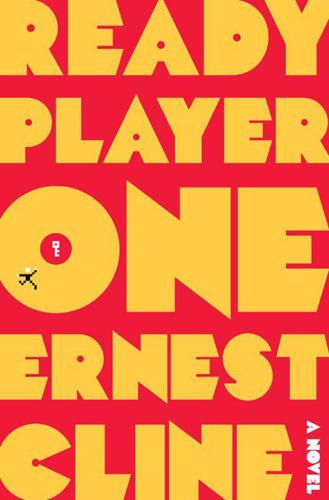
Ready Player One
by
Ernest Cline
Published 15 Feb 2011
Having a third-level avatar was a colossal embarrassment. None of the other gunters took you seriously unless you were at least tenth level. Even though I’d been a gunter since day one, everyone still considered me a noob. It was beyond frustrating. In desperation, I’d tried to find a part-time after-school job, just to earn some walking-around money. I applied for dozens of tech support and programming jobs (mostly grunt construction work, coding parts of OASIS malls and office buildings), but it was completely hopeless. Millions of college-educated adults couldn’t get one of those jobs. The Great Recession was now entering its third decade, and unemployment was still at a record high.
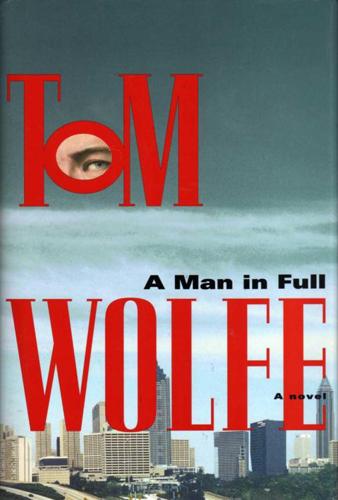
A Man in Full: A Novel
by
Tom Wolfe
Published 31 Mar 2010
Wes stood still and gazed out through the big plate-glass window and began to smile, as if he had just seen something terribly amusing way over in Paulding or Douglas County. Then he looked at Roger with the same smile on his face. "Roger,"- he said, "do you happen to know what get-out-the-vote money' is? Sometimes it's called 'walking-around money."' "In' a general way," said Roger. "I've heard the term. Why?" "Well," said Wes Jordan, "what would you say it meant, in a general way?" "I gather it refers to the money you have to spend on election day, or maybe starting a few days before, to alert your supporters in the poorer neighborhoods - I don't know ... send sound trucks through and pay those people who stand on the corners near the polling places handing out leaflets and get people to drive vans to take people to the polls, things like that.
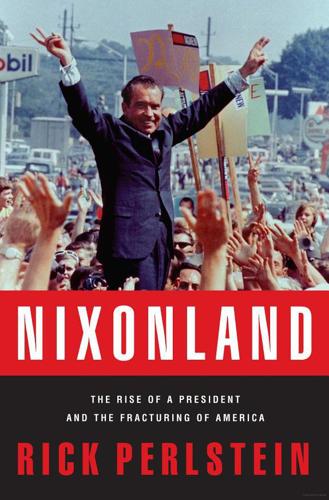
Nixonland: The Rise of a President and the Fracturing of America
by
Rick Perlstein
Published 1 Jan 2008
After failing to bribe the front-runner out of the race, Joseph Kennedy called in a chit with William Randolph Hearst to keep the man’s name out of the newspaper. Another candidate, a city councilman named Joseph Russo, lost ground when Joe Kennedy hired a custodian with the same name to file. Jack Kennedy’s opponents pinned $20 bills to their lapels—“Kennedy buttons.” The joke was too cheap by more than half: the real amount of “walking around” money per Kennedy man was $50. And they called Dick Nixon the dirty one. They weren’t unfriendly, these two young Turks of the Eightieth Congress; they weren’t unlike each other. Both had lost an older brother (the charming one, the one originally destined for greatness). Both were ideologically flexible except when it came to hunting Reds; both had run as World War II veterans.

Reaganland: America's Right Turn 1976-1980
by
Rick Perlstein
Published 17 Aug 2020
He got a South Carolinian named Reid Buckley to tape radio ads labeling George Bush as a liberal—crafted to make it seem like his famous soundalike brother Bill Buckley was endorsing Reagan. Then, in the candidate debate, George Bush reduced John Connally to spluttering by pressing him to answer a charge that he was buying black votes with $700,000 in “walking around money.” Atwater was responsible for the smear, passing it on to Bush’s advisor Harry Dent—so it was traced back to Bush’s campaign, not Reagan’s. Sewing such acrimony between one’s opponents, known as “ratfucking,” was a specialty of the young Republican milieu that incubated all the healthiest right-wing exuberants.